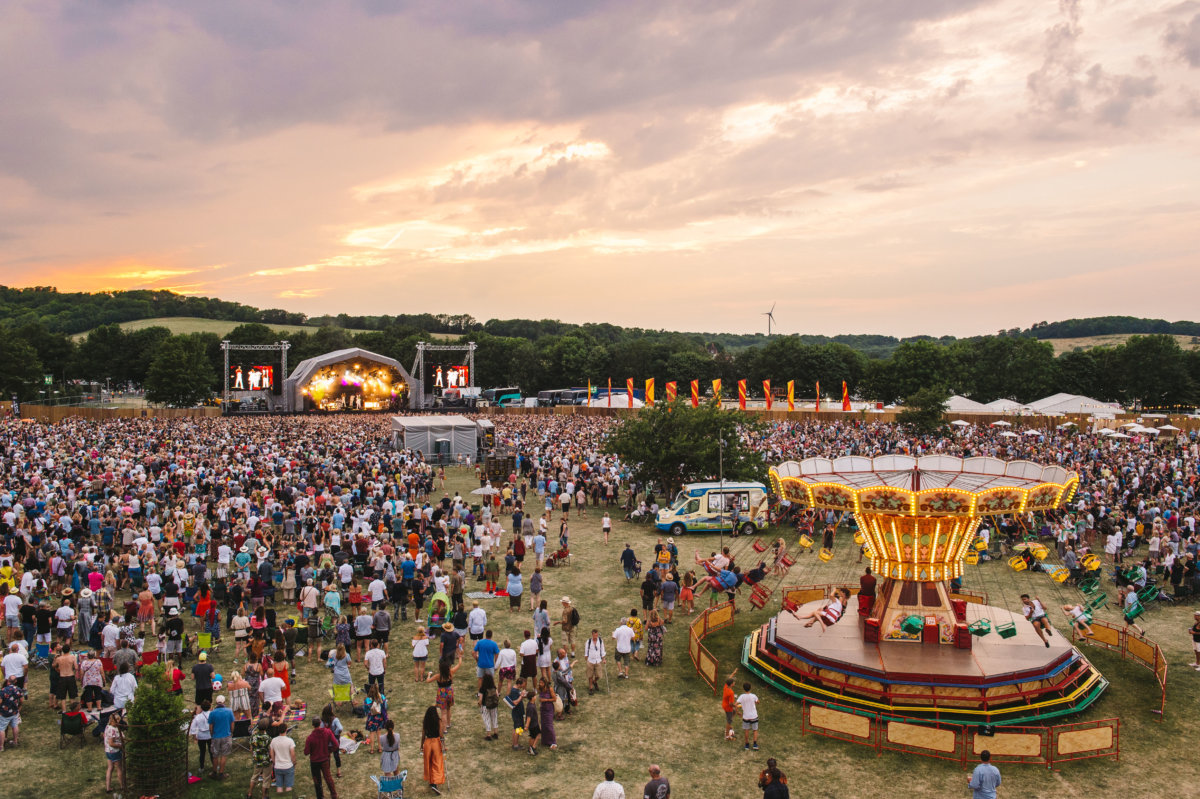The singularity of Dionne Warwick is defined by what the singer isn’t as much as what she is. Although Warwick grew up singing in church, she is not a gospel singer. and are clear influences, but she is not a jazz singer. R&B is also part of her background, yet she is not really a soul singer, either, at least not in the sense that was. Sophisticated is a word often used to describe Warwick’s musical approach and the music she sings, but she is not a singer of standards such as or . A pop singer of a sort with an aching yet detached alto voice, In all likelihood, Warwick could only have emerged out of the Brill Building environment of post-, pre- pop in the early ’60s. That’s when she hooked up with and , songwriters and producers who tailored their unusually complicated songs for her distinctive instrument. While Warwick is inescapably associated with those songs, including “Anyone Who Had a Heart,” “Walk On By,” and “I Say a Little Prayer,” among other Top Ten pop hits through the ’60s, she managed to thrive after leaving and , often drawing upon their style for other memorable recordings. She scored a number one pop hit when she teamed with for “Then Came You” (1974) and achieved another Top Ten single with “I’ll Never Love This Way Again” (1979), produced by . The next decade, aided again by , Warwick delivered her biggest hit of all, “That’s What Friends Are For” (1985), a smash that topped the pop, R&B, and adult contemporary charts. Warwick’s studio work since then has been more album-oriented, reflective of her past and influences, whether spotlighting the legacies of and , her love for the music of Brazil, or updating her own classics with duet partners of younger generations. A five-time Grammy-winner, Warwick was handed a Lifetime Achievement Award in 2019, and she has continued recording into the 2020s, partnering with rappers and singers for the occasional single.
















